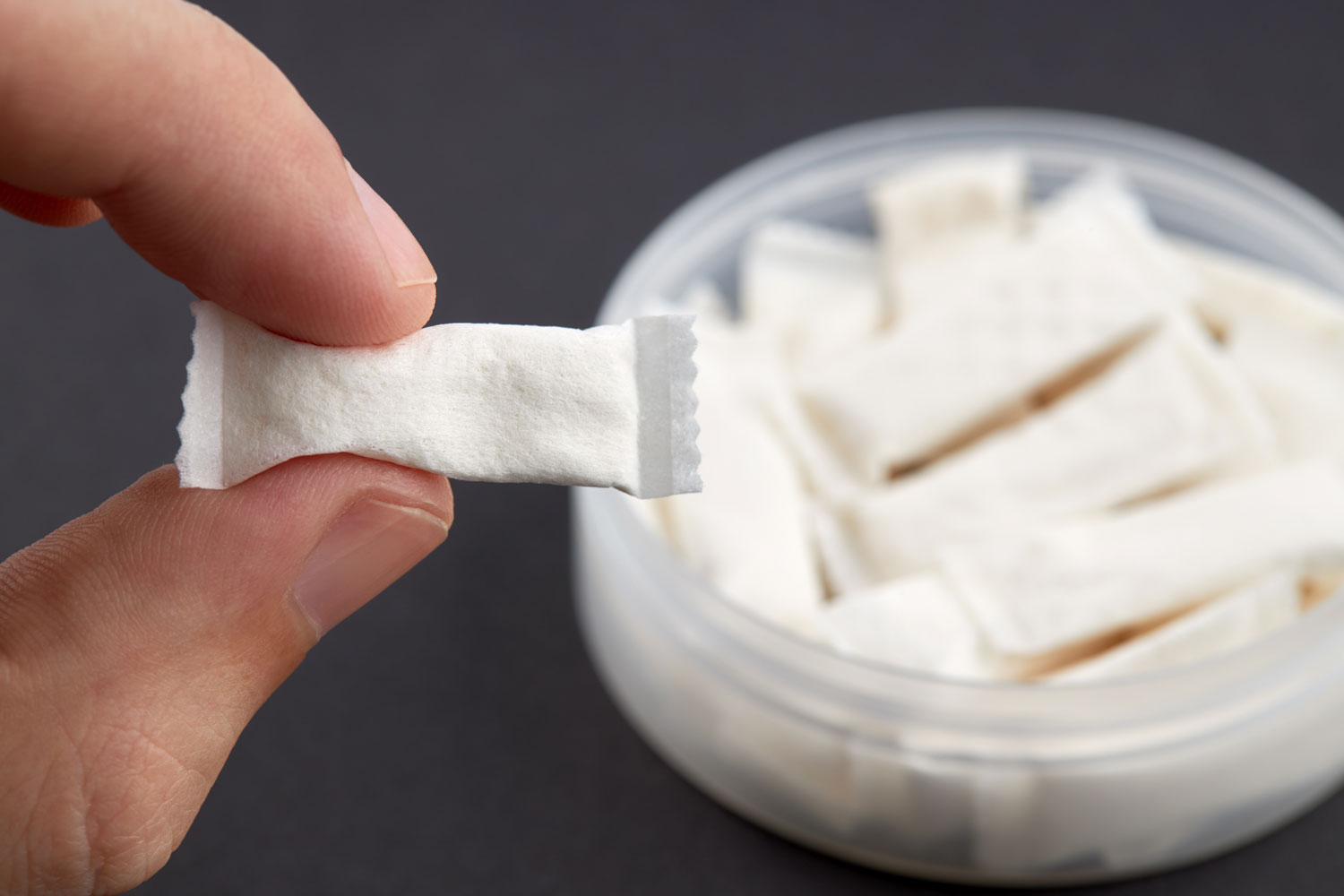
Bidi Vapor is pushing for a ban on the marketing and distribution of synthetic nicotine in the United States, the company’s exclusive distributor, Kaival Brands Innovations Group, reported in a press release. The company, which manufactures a synthetic nicotine based smokeless pouch, insists synthetic nicotine should be classified as an unapproved drug and thus be subject to applicable Food and Drug Administration drug regulations.
Bidi Vapor appears to be betting that a ban on synthetic nicotine pouches will benefit sales of its tobacco-derived nicotine pouch, which will be subject to the FDA premarket tobacco product application (PMTA) process before it can be distributed in the U.S. The reviewing process will further delay the launch of the tobacco-derived nicotine pouch, which had already been postponed due to Covid-19, according to Bidi Vapor.
Following the FDA’s rejection of numerous PMTA’s earlier this month, many companies have set their sights on synthetic nicotine, a legal grey area. The FDA defines a “tobacco product” as anything “made or derived from tobacco that is intended for human consumption, including any component, part or accessory of a tobacco product”—a position suggesting that synthetic nicotine remains outside its remit.
Bidi Vapor is now taking the opposite approach.
“We believe that the delay in the distribution of the Bidi Pouch in the U.S. will lower revenues in the short term. However, we believe that in the longer term, the removal of all synthetic nicotine products in the U.S. market could prove to be a positive event for us,” the company wrote.
“Based on the FDA’s PMTA decisions related to disposable ENDS products, we anticipate that Bidi Vapor’s naturally derived nicotine products will remain on the market following the completion of the FDA’s PMTA process. Conversely, we believe that many other ENDS manufacturers are utilizing synthetic nicotine as a loophole to avoid the rigorous PMTA process and that if synthetic nicotine is deemed to be an unapproved drug, the FDA will need to regulate synthetic nicotine products as unapproved drugs, or remove them from the market, in order to enforce and bolster compliance requirements.”

